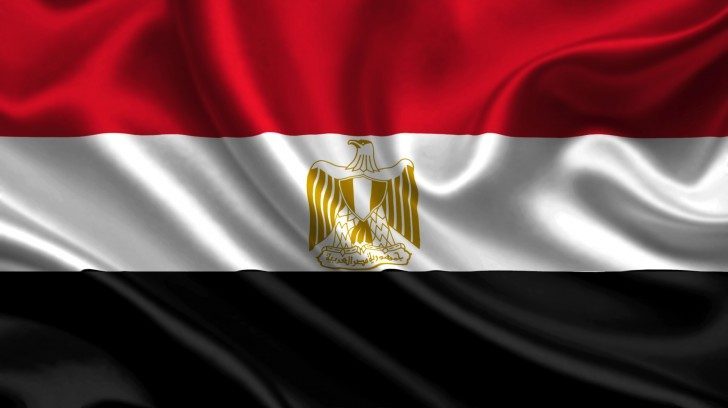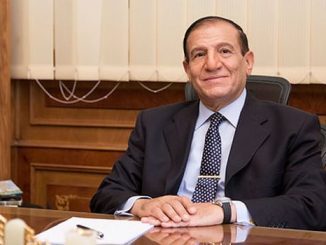Egypt is witnessing a power struggle as Egyptian government ministries dispute over buying grain needed to subsidize bread, which made state buyers fail to attract required wheat offers, canceling Wednesday’s grain tender, according to
Bloomberg.
The power struggle between Egypt’s two governments as they dispute over who controls imports in the world’s largest buyer when Egypt’s Agriculture Minister said it would ban any imports with traces of ergot-naturally occurring fungus that can be dangerous in large amounts.
On the other side,the Ministry of Supply needs enough grain to supply a population of more than 90 million.
The wheat crisis between Egypt and international traders returned back to the scene after the Agriculture Ministry said on August 28 that it had reinstated rules that are stricter than international standards to protect the local crop from being contaminated with the fungus. However,the Supply Ministry adopts less restrictive policy due to the shortage of supply.
“Nations has gone back and fourth with its regulations over ergot, rejecting cargoes sold from companies including U.S. agribusiness giant Bunge Ltd. and local trader Al Wehda,” said Bloomberg.
Michael McDougall, a senior director at Societe Generale SA in New York said,”I’m not sure why someone in Egypt is trying to make things stricter.” He added,”Has there ever been an outbreak of fungus that decimated local crops? I have never heard of anything like that so something doesn’t appear to add up.”
According to Bloomberg,Venus International was the only company willing to supply wheat to Egypt in tender compared with seven traders that participated in the process last week.
On the other hand, Tunisia managed to attract offers from 13 firms in a separate tender before buying 50,000 metric tons from Dutch grains trader Nidera.
It is noteworthy that Tunisia buys seven times less wheat than Egypt.
In fact, wheat is crucial to Egypt as bread shortages have triggered food riots in the past.
Peter Talks, a consultant for the Rome-based Food & Agriculture Organization said that Egypt , which sends a team to check the quality for every cargo it buys at the loading port, could save as much as $30 million a year with changes to tender terms including using international inspection agencies.McDougall said,”Egypt has already lived through the riots that occurred when wheat prices went up, it took down Mubarak then.” He added,”What will they do when they have no wheat? No one wants to play their games, and sooner or later, they have to bend a bit.”
Egypt Supply Ministry claims that the country has stockpiles to cover demand for more than 6 months.
According to talks at the Global Grain Conference in Geneva in November, citing FAO figures said that Egypt, which buys greater than 30% more wheat than the No. 2 importer Indonesia, is paying $6 a ton to $7 a ton more than private companies partly because of quality-inspection requirements.
At an earlier report this year, the FAO told Egypt that international ergot standards of as much as 0.05% didn’t present a threat.
On the other hand, the Agriculture Ministry said that a follow-up study showed the fungus is a risk to local crops and the FAO report didn’t account for different strains of ergot.
Amy Reynolds, a senior economist at the International Grains Council in London said,”It’s difficult to see where Egypt might go with this.” He added,“As the world’s largest buyer, they need to secure supplies and it might have a possible stalemate.”It seems that there are other crises other than corruption in al-Sisi’s government administration.
Last week Egypt’s cabinet accepted the resignation of the Minister of Supply and Internal Trade Khaled Hanafy amid the highest-profile corruption since Abdel Fattah al-Sisi came to power in 2014, said Reuters.
Hanafi’s resignation was the most senior-level fallout from a probe into whether millions of dollars intended to subsidize farmers were used to purchase wheat that did not exist.
Egypt’s supply ministry -under Hanfay’s administration- was the one responsible for a massive food subsidy program and the main state grain buyer, the General Authority for Supply Commodities (GASC).




